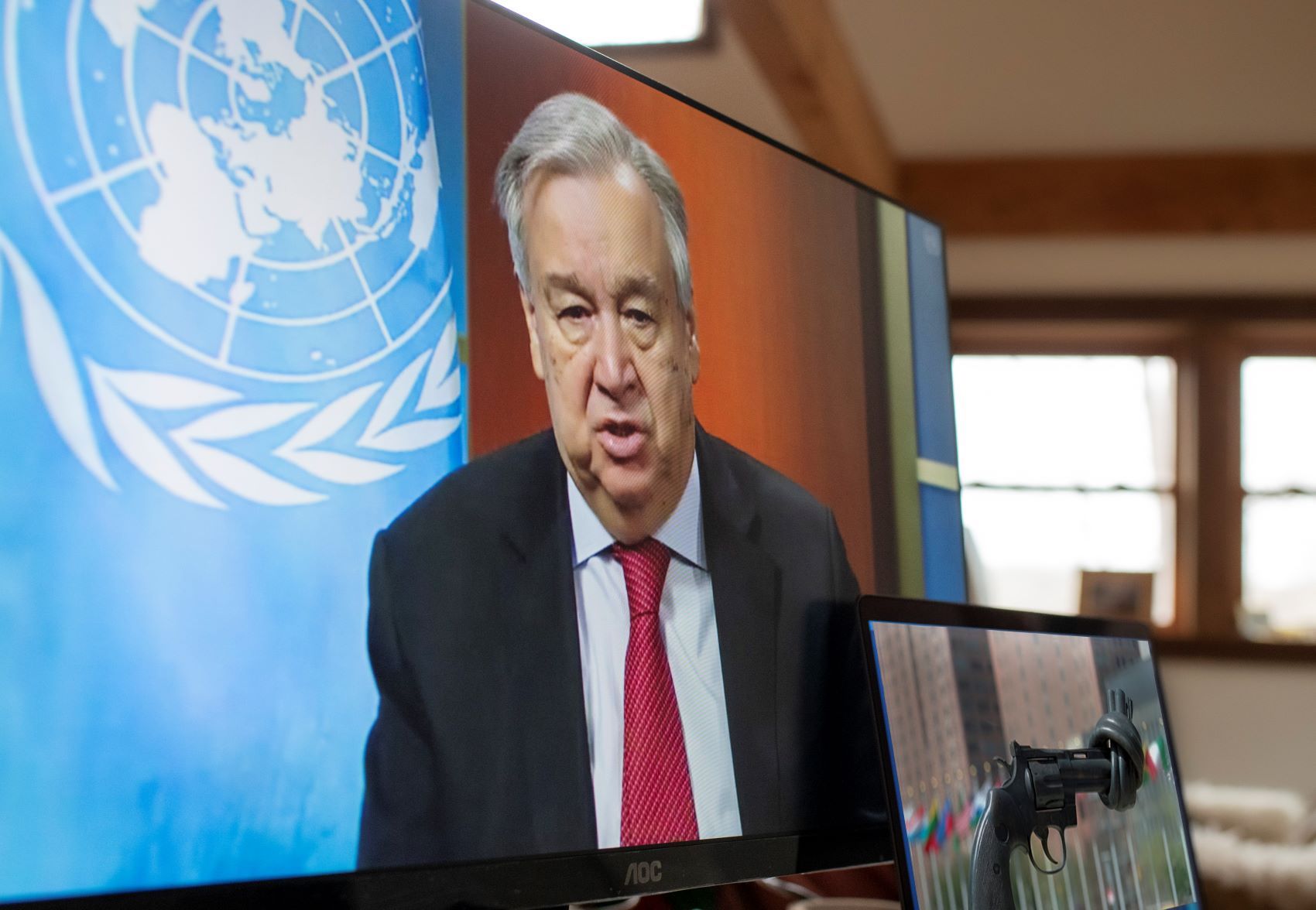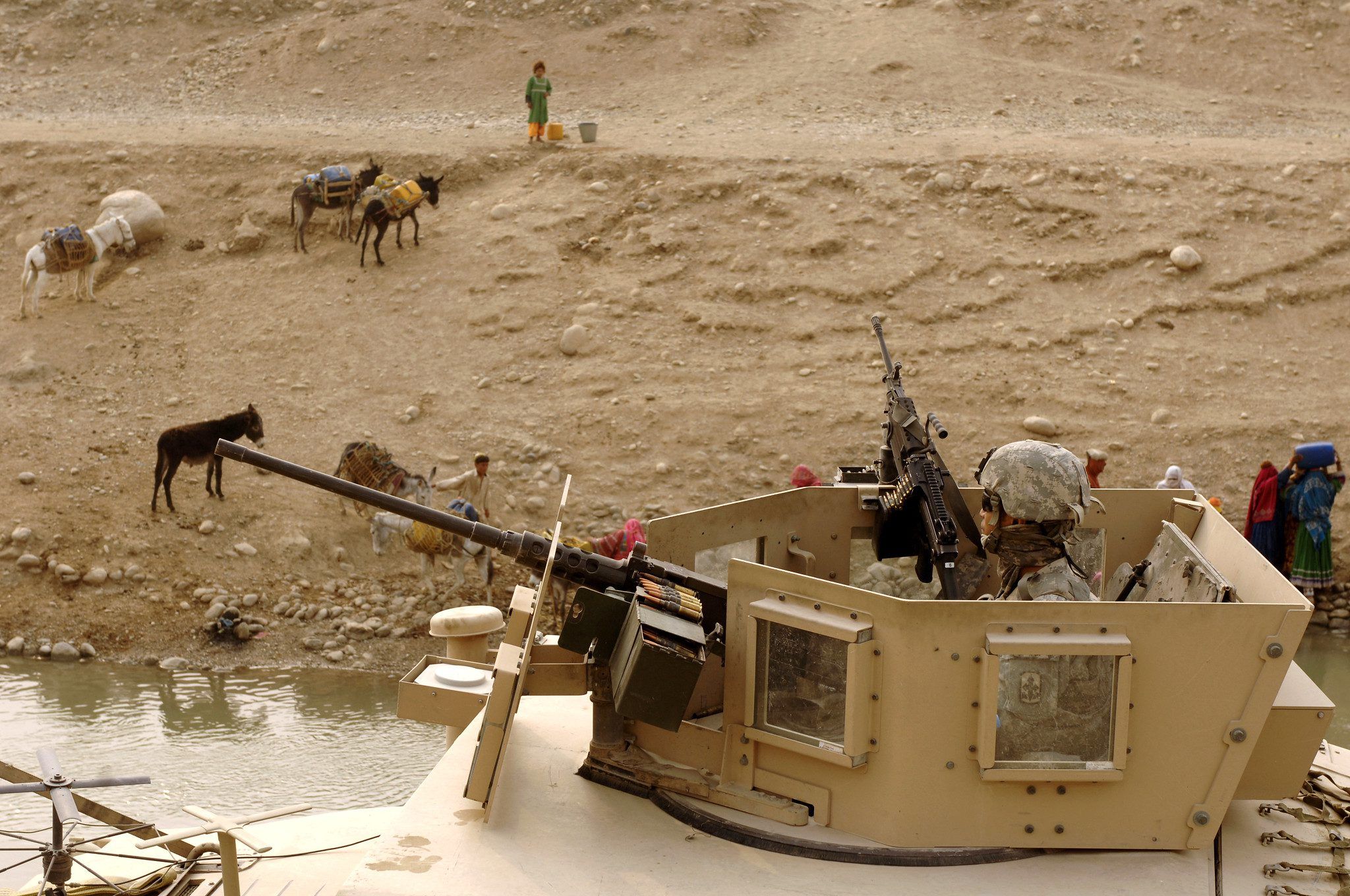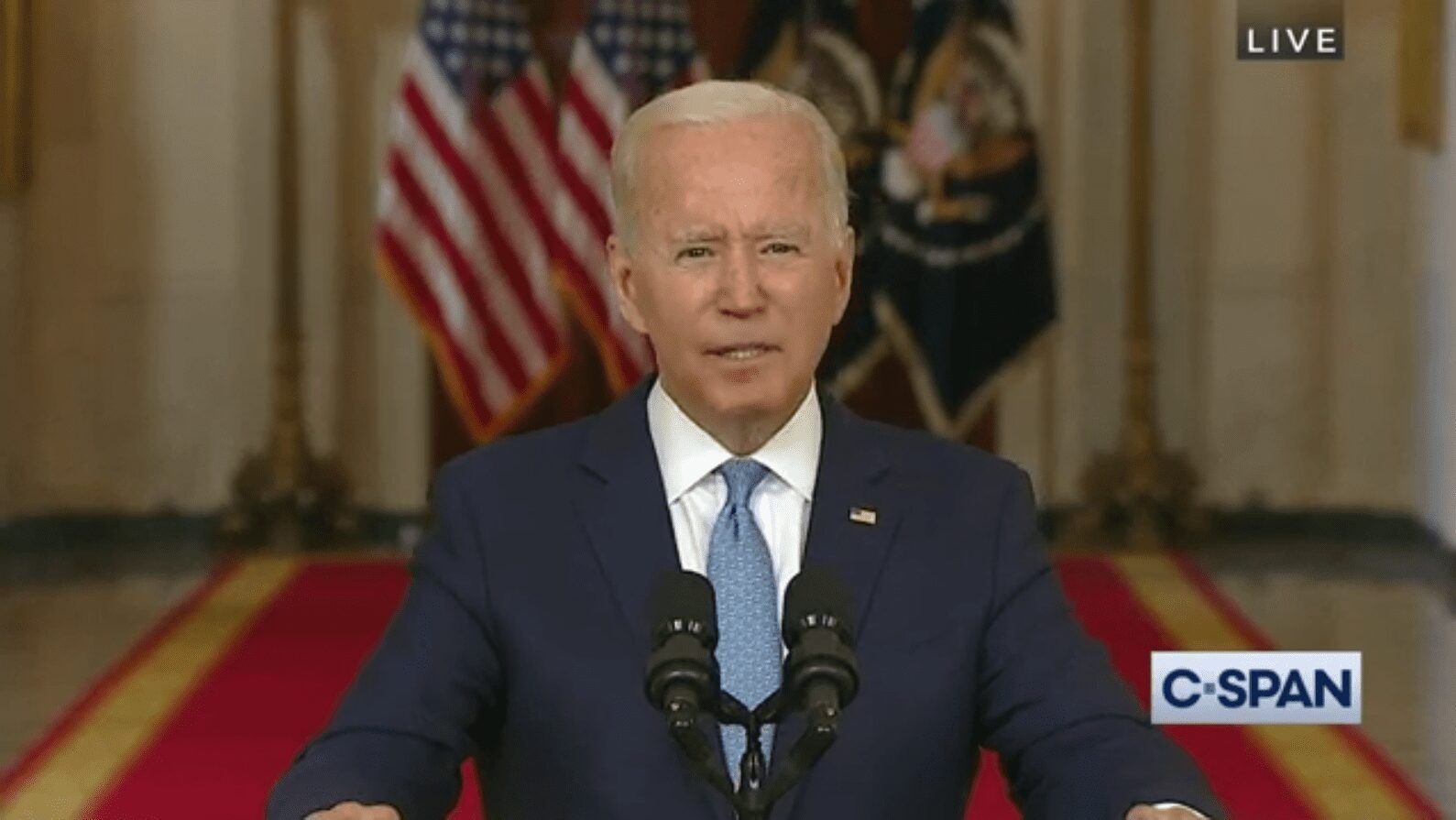
Array
(
[thumbnail] => https://s42831.pcdn.co/wp-content/uploads/2020/04/840857_mark_garten_2mp-150x150.jpeg.optimal.jpeg
[thumbnail-width] => 150
[thumbnail-height] => 150
[medium] => https://s42831.pcdn.co/wp-content/uploads/2020/04/840857_mark_garten_2mp-300x208.jpeg.optimal.jpeg
[medium-width] => 300
[medium-height] => 208
[medium_large] => https://s42831.pcdn.co/wp-content/uploads/2020/04/840857_mark_garten_2mp-768x531.jpeg.optimal.jpeg
[medium_large-width] => 768
[medium_large-height] => 531
[large] => https://s42831.pcdn.co/wp-content/uploads/2020/04/840857_mark_garten_2mp-1024x708.jpeg.optimal.jpeg
[large-width] => 1024
[large-height] => 708
[1536x1536] => https://s42831.pcdn.co/wp-content/uploads/2020/04/840857_mark_garten_2mp-1536x1063.jpeg.optimal.jpeg
[1536x1536-width] => 1536
[1536x1536-height] => 1063
[2048x2048] => https://s42831.pcdn.co/wp-content/uploads/2020/04/840857_mark_garten_2mp.jpeg.optimal.jpeg
[2048x2048-width] => 1700
[2048x2048-height] => 1176
[gform-image-choice-sm] => https://s42831.pcdn.co/wp-content/uploads/2020/04/840857_mark_garten_2mp.jpeg.optimal.jpeg
[gform-image-choice-sm-width] => 300
[gform-image-choice-sm-height] => 208
[gform-image-choice-md] => https://s42831.pcdn.co/wp-content/uploads/2020/04/840857_mark_garten_2mp.jpeg.optimal.jpeg
[gform-image-choice-md-width] => 400
[gform-image-choice-md-height] => 277
[gform-image-choice-lg] => https://s42831.pcdn.co/wp-content/uploads/2020/04/840857_mark_garten_2mp.jpeg.optimal.jpeg
[gform-image-choice-lg-width] => 600
[gform-image-choice-lg-height] => 415
)
What Afghanistan Needs for the UN Global Ceasefire to Succeed
On March 23, 2020, United Nations (UN) Secretary-General António Guterres called for a global ceasefire to allow member states to shift focus to coping with the threat to humanity from the coronavirus pandemic. Some 70 countries, including Afghanistan, have backed the call. In response to the UN’s appeal, some warring parties, such as the Saudi-led coalition in Yemen and the National Liberation Army rebel group in Colombia, have announced temporary ceasefires. The UN has also welcomed the creation of a negotiating team to represent the government of Afghanistan in peace talks with the Taliban and pledged to fully support the process. The United Nations Assistance Mission in Afghanistan has called on parties to “reduce violence and work towards a ceasefire,” reiterating that “the best way to protect civilians from conflict and the evolving health crisis is to stop the fighting altogether.”
Long before the coronavirus began to spread in Afghanistan, the Afghan government had sought a permanent ceasefire with the Taliban. Last August, the government unilaterally announced a three-day Eid ceasefire, which the Taliban reciprocated. However, a more prolonged ceasefire never materialized, despite support from the Afghan government and the public. A ceasefire was one of the subjects of the US-Taliban negotiations, but in the agreement, the Taliban agreed only to a ceasefire with US and allied international forces to facilitate withdrawal. A permanent ceasefire is to be one of the agenda items for intra-Afghan negotiations and part of a peace agreement with “all Afghan sides.” The Taliban agreed to a reduction in violence for seven days leading up to the signing ceremony but resumed attacks on Afghan national security forces, as they are not obliged to observe a ceasefire with Afghans under the US-Taliban agreement. The Taliban fought and talked with the US simultaneously, and the group seems to be adopting a similar approach with the Afghan government—which is likely to hamper efforts to deal with the pandemic. Intra-Afghan negotiations have yet to begin, but the fighting continues. The Taliban accuse the Afghan government of sabotaging the US-Taliban Agreement by holding up the prisoner exchange process. The Afghan government objects to both the persistence of violence and the Taliban’s demand for the release of certain commanders responsible for deadly attacks. However, both sides have begun an incremental release of prisoners.
On March 31, 2020, Afghanistan requested that the UN Security Council (UNSC) “call on the Taliban to heed the Secretary-General’s appeal and establish at least a humanitarian ceasefire to allow the implementation of preventive and curative measures for containing the spread of this deadly virus in Afghanistan.” The UNSC has yet to issue such a statement, but it is in a position to use its leverage to encourage the Taliban to accept a ceasefire, especially as the latter are seeking the lifting of UN sanctions. Although the Taliban have yet to respond to the secretary-general’s call, Taliban spokesperson said that the group would consider a truce in areas under its control that are affected by COVID-19. Like the rest of the country, the population living in areas under Taliban control will be in need of humanitarian and healthcare assistance.
Many of Afghanistan’s neighbors have welcomed the call for a ceasefire. Iran issued a statement supporting a ceasefire in Afghanistan in accord with the UN’s call. Iran has close bilateral relations and ties with several political factions in Afghanistan, including the Taliban, and returnees from Iran have been the main carriers of COVID-19 into Afghanistan. According to the Iranian statement, “Iran fully supports the idea of the Secretary-General in establishing an extensive ceasefire across Afghanistan,” and calls on “all armed groups, through a courageous act, to agree to a comprehensive ceasefire across the country so that a safe environment is created for tackling the coronavirus and that can open a new chapter in the history of Afghanistan.”
Similarly, China called upon all parties to “respond to Secretary-General Guterres’ initiative and the aspiration of the international community, and cease conflict and confrontation” and put the “country and people first.” China’s statement notes that it is “ready to join relevant sides and the international community to continue playing a constructive role in promoting the peace and reconciliation process in Afghanistan.” China is in a strong position to influence the process of forging a ceasefire, because it has several points of influence: as Afghanistan’s neighbor, as Pakistan’s all-weather friend, and as a permanent member of the UNSC.
Russia, another permanent member, issued a statement saying, “Afghanistan is passing through a critical phase in the peace process and needs full support and attention of the international community, in particular at the time of and despite the global COVID-19 pandemic situation.” According to the statement, Moscow is ready to cooperate with the US, China, Pakistan, and the international community to facilitate an “acceptable-to-all agreement.” In conjunction with the Afghan peace process, Russia has hosted a number of dialogues involving Afghan political leaders and the international community. Moscow has built deep contacts with groups in the country, including political ties with the Taliban, that Russia could leverage to press for a ceasefire now.
The big elephant in the room is Pakistan—as the main patron of the Taliban, Islamabad has yet to announce support for the UN ceasefire initiative in Afghanistan. However, Pakistan backed the US-Taliban negotiations: the Pakistani foreign minister has stated that the country will “continue to support a stable, united and democratic Afghanistan.” While the Taliban have opened up a political office in Doha, Qatar, its leadership and policymakers are believed to still operate primarily through Pakistan-based councils such as Quetta Shura and Peshawar Shura. As such, Islamabad could play a vital role in bringing about a ceasefire.
Other international bodies have also lent their support to the call for a ceasefire. The European Union (EU) issued a strong statement in favor of an immediate humanitarian ceasefire in conjunction with the secretary-general’s call. The EU has played a major role in the reconstruction of Afghanistan and its continued engagement remains crucial to stabilizing the country. The Organization of Islamic Cooperation (OIC) also called for “an urgent and lasting ceasefire.” Political support from OIC countries—especially Saudi Arabia, as the custodian of Islam’s holy cities, and Qatar, as the host of the Taliban political office—will also be important to making a ceasefire viable.
The secretary-general’s call for a global ceasefire is a fitting response to the crisis the world is facing right now, as states desperately need to focus on responding to COVID-19. The negative consequences of continuing the wars are grave. If the fighting continues in Afghanistan, the COVID-19 pandemic may claim more lives than the armed conflict—indeed, in the US, more Americans have died due to the coronavirus than the Iraq war, the Afghanistan war and the 9/11 attacks combined. Even if the ceasefire is temporary and practical, it can help create the conditions for an effective public health response. The statements from regional powers like Iran and China—both of which have suffered the impact of the pandemic already—suggest that they realize a cessation of violence is necessary to contain the spread of COVID-19. Other regional actors should follow suit and declare their political support for a ceasefire. Meanwhile, the UNSC should also call on the warring parties in Afghanistan, and the Taliban in particular, respond positively to the UN’s appeal and to the Afghan government’s call for a ceasefire and reach an agreement for a truce. As Secretary-General Guterres put it: “to silence the guns, we must raise the voices for peace.”
More Resources
-
-

Whose endless war in Afghanistan is ending?
Paul Fishstein
Stay Connected
Subscribe to our newsletter and receive regular updates on our latest events, analysis, and resources.
"*" indicates required fields


